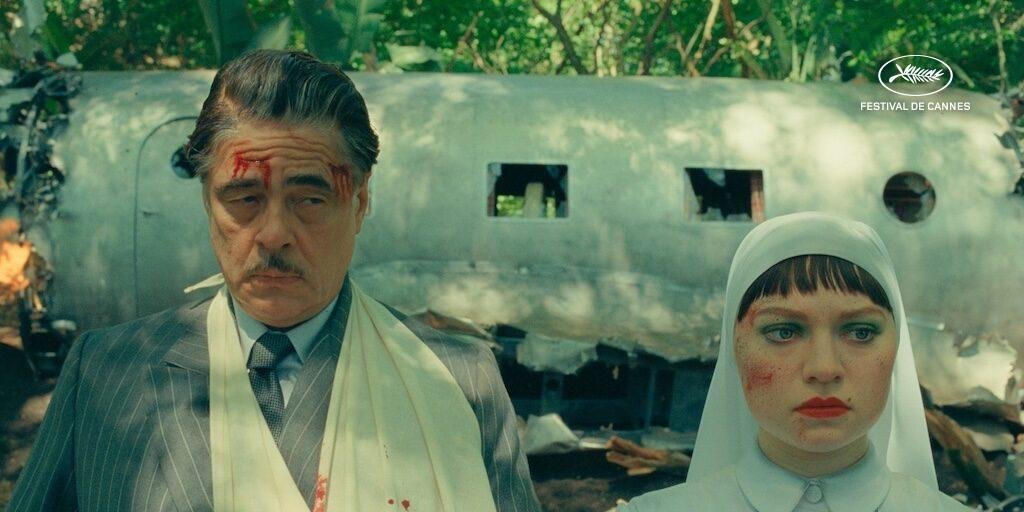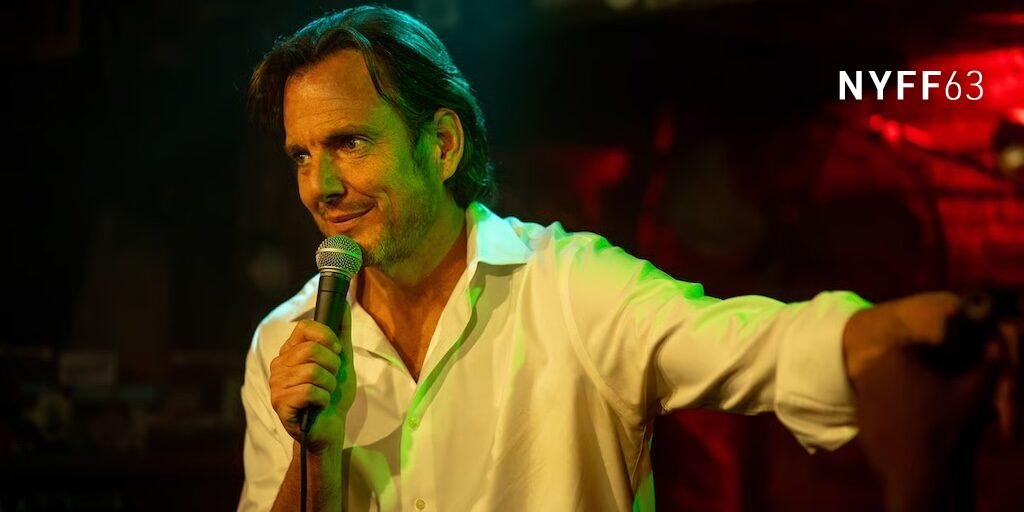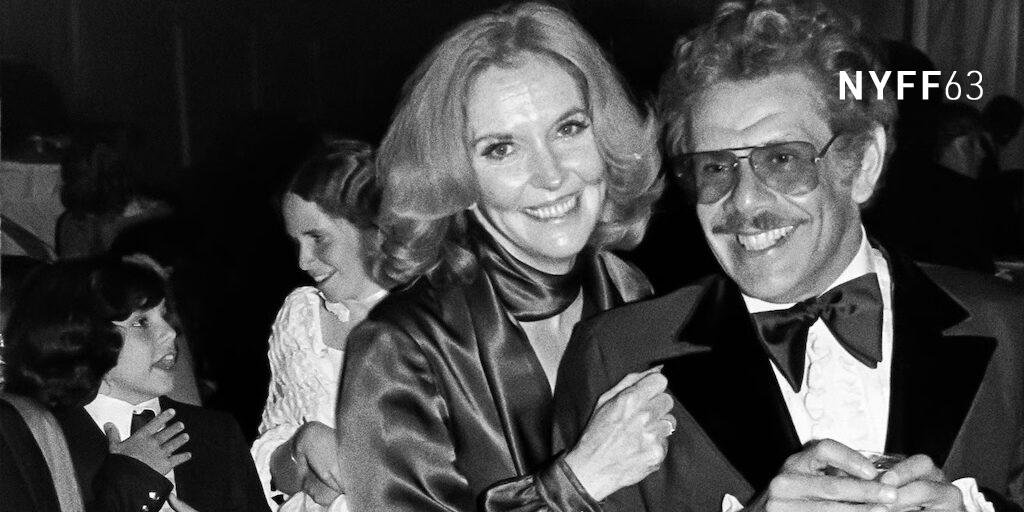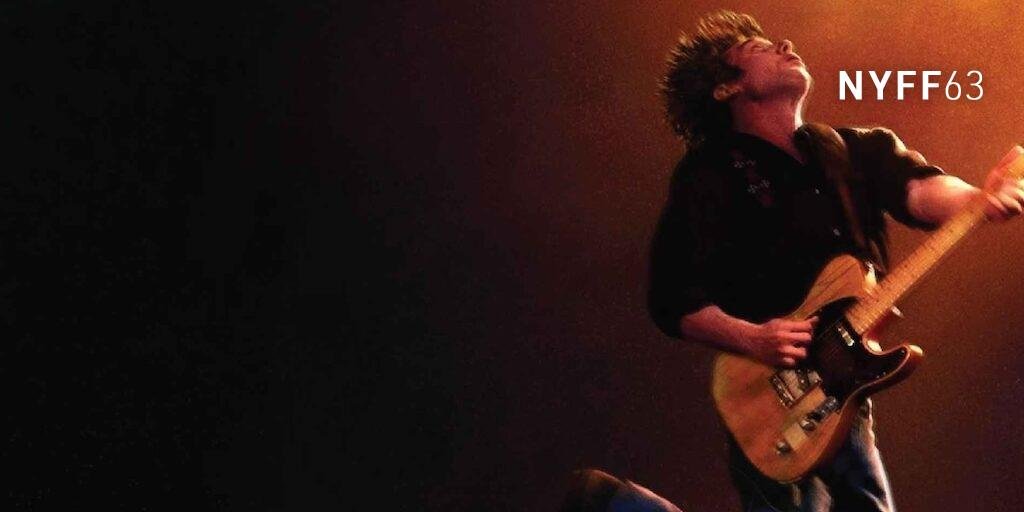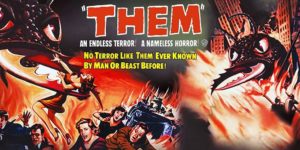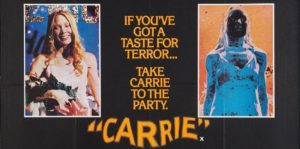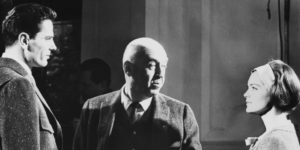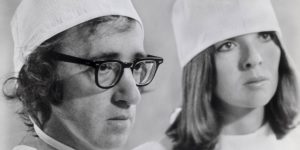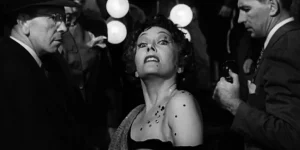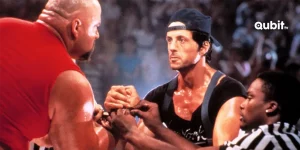WITHOUT RHYME OR REASON
The films of Wes Anderson, included his devotion for fable, geometrical symmetry and aesthetics, have become a parody of themselves, distancing notoriously from his finest films, Bottle Rocket and Rushmore.
What is left of Wes Anderson’s indie cinema, the one championed by the Coppolas? A kind of cinema that is closer to self-reference, and is now aimless or devoid of any sense. Knowing that the language of cinema is vast and, if well used, allows for the concatenation of scenes functional to a plot, Anderson ––quite vaguely– repeats shots and camera movements that are frequently carbon copied. For instance, he keeps a lead character (specifically Korda/Benicio del Toro) on frame, having a dialogue with a supporting character either to his left or right and, with the horizontal movement, leaves out of shot a third character, only to later have a dialogue of Korda with whomever he is with in the opposite end, and makes the same horizontal movement, but in the opposite direction, leaving out of frame the supporting character that occupied that place. Another repetition is that of placing a spinning camera in the middle of a set and aiming it side-to-side, leaving a character off-frame, listening to a sound that is left out-of-field (an explosion, a punch, etc.) and with the spin the same character appears located in the situation that generated that noise. This is similar to the much-remembered scene inside the car in Children of Men, but without the same impact.
The Phoenician Scheme takes place circa 1950 and tells the story of Anatole Zsa-Zsa Korda (Del Toro), a tycoon who married three times, fathering nine boys, and his nun daughter which he wants to declare the sole heir of his estate. Korda is victim of numerous assassination attempts on him, that go from the usual airplane takedown to food poisoning and other failed actions. Korda has a magnanimous project: to build the Korda Land and Sea Phoenician Infrastructure Scheme, a mega project for which, as a good negotiator, must establish business conversations with investors/financiers, agree on percentages and get them to sign. Korda moves within business in such a way he is known as “Mr. 5 percent”, referring to his skill in getting investors to raise their investment in this and other projects. It is here where, thanks to this varied assortment of investors involved, he will come across a multicast of characters, comprised of politicians, ruling figures of all sorts, the very figure of the Vatican, Korda’s future wife and his biggest enemy: his brother (Nubar, played by Benedict Cumberbatch).
Anderson’s multicasts bring to mind those times (before cancellation culture) in which every actor wanted to appear in at least one film directed by Woody Allen. This brought recognition and quite some prestige; roles for which actors, like the sheep Hitchcock would refer, would notoriously lower their salaries. The difference lies in that the screen time of those featured in Anderson’s films is minimal, by a matter of seconds or barely minutes, and are advertised even in this new kind of ad posters denominated “character teasers”, here exemplified by Bill Murray, Tom Hanks, Bryan Cranston, Michael Cera or the great and underseen Hope Davis. On the other hand, in Allen’s films these actors had at least some character development.
Since is not always pleasant to come across a Wes Anderson film, we recommend following YouTube account @curiousrefuge which parodies Anderson’s films by using AI to recreate movie trailers as if they were made by the filmmaker himself. One can see in them how it stands out the evident use of pastel color schemes, geometrical symmetry, a plan to follow, intertitles and a de-characterization of characters, not to mention the conforming of the previously mentioned and unnecessary multicast.
![]()
Director: Wes Anderson. Screenwriters: Wes Anderson, Roman Coppola. Cast: Benicio del Toro, Steve Park, Willem Dafoe, F. Murray Abraham, Michael Cera, Tom Hanks, Bryan Cranston, Charlotte Gainsbourg, Mathieu Amalric, Jeffrey Right, Bill Murray, Hope Davis, Benedict Cumberbatch, Riz Ahmed, Scarlett Johansson. Producers: Wes Anderson, Jeremy Dawson, John Peet, Steven Rales. Runtime: 101 minutes.

